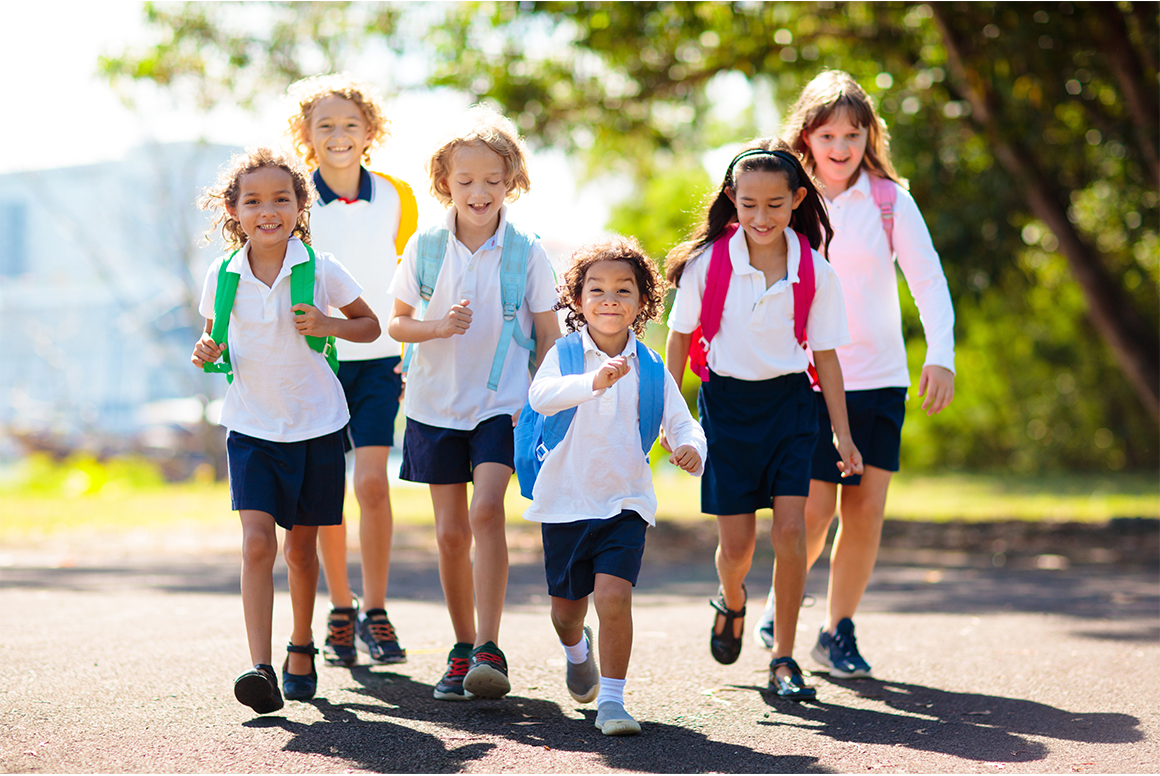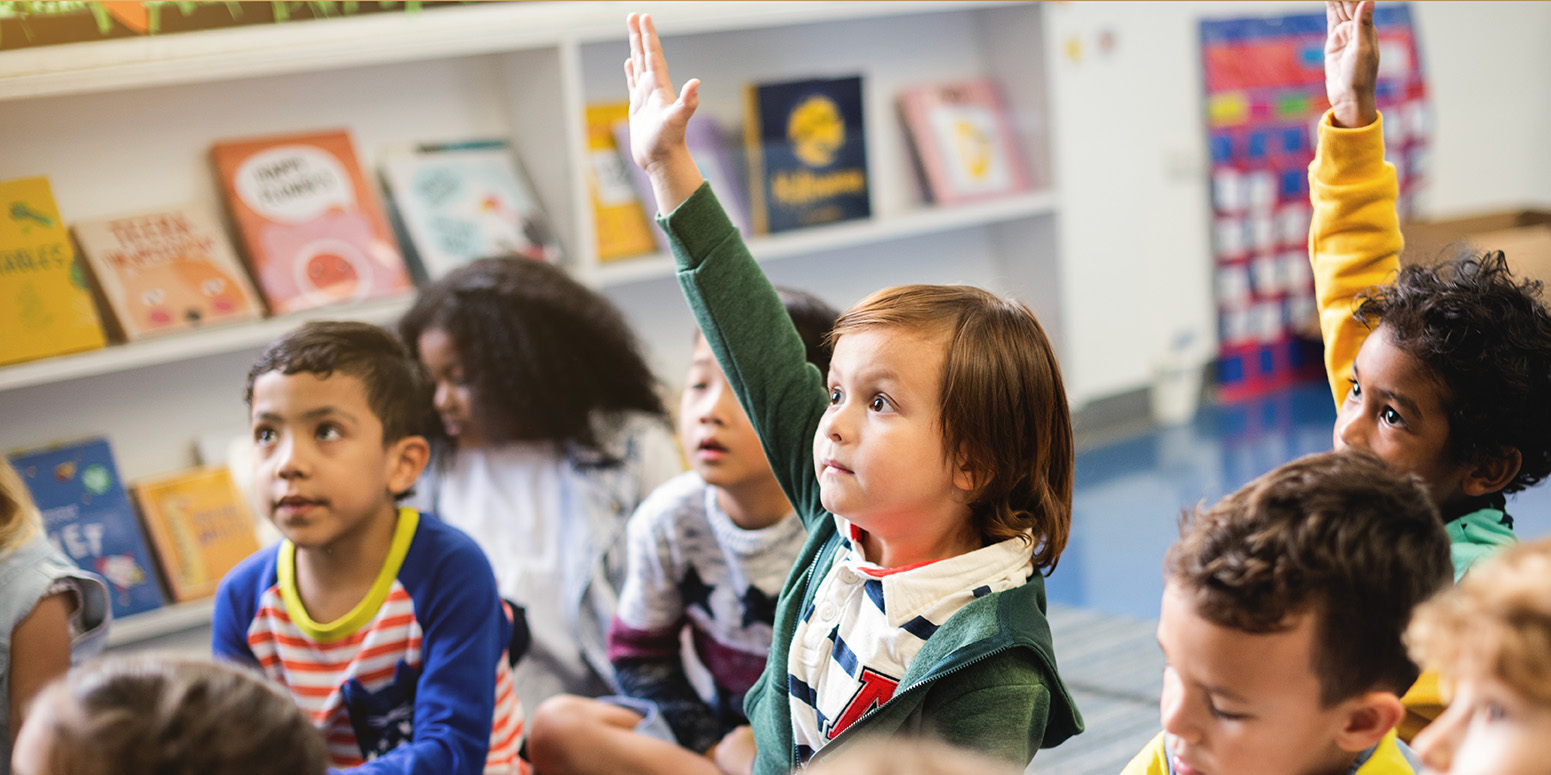
Creative and Fun Classroom Activities to Celebrate the End of the School Year
Can you feel it? Birds are singing more melodiously, raindrops are falling gently, and the plants and trees are turning a brighter green. Summer is here, and the school year is drawing to a close!
While you and your students are still in the classroom, you can either spend the last days counting the minutes until the break or make this time meaningful. This period is a great opportunity to wrap up the school year by reflecting on what you’ve learned, how you learned it, and why it’s important. It’s also a perfect moment for you and your students to reflect on your learning experiences together and create a space for giving feedback—whether between classmates or to the teacher, depending on how you plan it.
In this article, you’ll find some ideas for closing the school year. These activities are designed to engage students easily, allowing them to keep working, learning, and having fun while you guide them. Some activities are designed to put their creativity and critical thinking to work, emphasizing “21st-century skills.” All of them have a pedagogical strategy behind them and a real purpose for you and your group.
What you plan for the final days really matters. As a teacher, you should make these moments special for your students to enjoy together.
Is It really the end?
The last weeks of school can be challenging for both teachers and students. Often, grades and report cards are already submitted, books and notebooks are finished (or almost), and many people think these weeks are just filler or a waste of time.
The truth is, most educators and students are tired and drained, but the school year isn’t over until it’s over. This time can be useful when well-planned.
It’s a great moment to revisit your classroom management rules, the ones you agreed upon with your students at the beginning of the school year. Start this period between the final exams and the last day of school by reminding your students that these rules are in effect until the last day. This reminder isn’t meant to scare them but to encourage them to continue attending classes with the same commitment they had at the beginning. This also reassures parents that these weeks are not a waste of time and that their children will benefit from every minute.
Although this might seem overwhelming for you, it doesn’t have to be. This should be a time for you to enjoy and learn alongside your students.
Activities for wrapping up the school year should have the following characteristics:
- Student-centered: Encourage students to be creative, putting their ideas on paper to invent a game, present a topic in a fun way, challenge their classmates, or propose activities. All activities should make them think, reflect, and create with the knowledge and tools they already have.
- Guided by teachers: While students are the decision-makers, deciding how and when to do things, they still need guidance. As teachers, you will support and guide them during the activities, reminding them of their learning goals and giving them ideas to reach these goals more effectively.
- Student-driven work: Most of the work is done by the students. You’ll set up the rules for the activity, assign a topic, and let them continue independently while you monitor their projects and offer help if needed.
- Review-oriented: Since you’re not covering any new topics, students already have the tools they need. This will help them complete the activities successfully without feeling overwhelmed or frustrated.

Inspiring ideas
Do you like board games?
Some believe board games are no longer trendy and that children today prefer video games or watching others play online. However, if you’ve tried playing board games in your classes before, you know children and teenagers do enjoy them. As a teacher, you need to find a way to make them feel engaged and challenged.
The goal for your students is to create their own board game to review one of the topics of the year. They can create a new game or adapt an old one, applying what they know to set up the rules, materials, and “how to play it.” They should also build the game, making the board, tokens, cards, and everything else. You can give them instructions and tasks depending on their age and the content they’re using.
For example, they can create a simple board with question boxes about a book unit’s contents or a complex Monopoly-style game where they pay with answers instead of money. As their guide, remind them of their goals and set realistic expectations.
Once they’ve finished their board games, give them time to play. Set up game stations around the classroom and divide the group so everyone can play different games. This allows students to see their projects in action, identifying what works well and what needs improvement.
Another Boring Quiz?
Not this time! Instead of dictating questions and having students answer on paper, have them create the questions and challenge their classmates to answer correctly. Depending on your group, you can make this activity a contest with a prize for the winning team.
Divide the class into groups and assign each group a topic from the school year, such as grammar, vocabulary, culture, or science. The questions can be as difficult as they want, with one condition—they must know the correct answer. Give them time to make question cards, then collect or separate them by themes.
It’s time to play! You can play in clusters or as a whole group, whichever is more fun for your students. Let them be the ones to ask and answer the questions, following dynamic rules. For example, one student can be the “presenter,” and others must raise their hands to answer and get points. This engages them in the activity, helping them remember what they’ve learned.
The Future
One last recommendation for this time of the year is to reflect. The school year is always a rush, covering all book units in 10 months, including vacations and exams. Sometimes, there’s no time to stop and think about what has been learned and achieved. Now is a good moment to listen to your students’ experiences and opinions.
Prepare a small questionnaire for this session, including questions like what they enjoyed most, what they disliked, which activities were boring, and which ones they remember the most. Let them answer anonymously by posting answers around the class, placing them in boxes, or even answering online. Then, discuss some answers with the group, letting them express their ideas. This helps them recall the year, recognize their achievements, and give you valuable feedback.
To wrap up the reflection, ask them to write a letter to future students who will start the grade they’re finishing. They can give advice, recommendations, and warnings. Another good idea is to write a letter to themselves in the future, maybe in one or two years, reminding them of their experiences and achievements. These activities practice their writing skills and provide a meaningful way to close the year with shared memories.
Wrapping up
As you can see, there are many strategies to wrap up the school year meaningfully and enjoyably for you and your students. It’s important to take advantage of every moment of the school year, remembering that every moment is a perfect opportunity to learn and build stronger connections.
Ask yourself, “How do I want my students to feel when they leave my class for the last time?” and have fun planning creatively for these last days together.
Resources:
Ferlazzo, L. (2024). “How to end the school year strong” in Education week. Available in: https://www.edweek.org/teaching-learning/opinion-how-to-end-the-school-year-strong/2024/04
Mason, J. (2022). “Best Practices for Wrapping Up The School Year” in TeacherVision. Available in: https://www.teachervision.com/blog/morning-announcements/best-practices-for-wrapping-up-the-school-year




